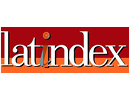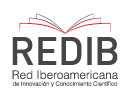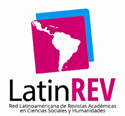Mathematical models, objectivity and free choice
DOI:
https://doi.org/10.21142/DES-1502-2023-0023Keywords:
General mathematical models, objetcive, machine, freedomAbstract
Technical progress has allowed the development of increasingly powerful, fast and accurate tools, expressed in mathematical models. These are used for a more assertive and faster decision-making, lightening the individual burden of responsibility. However, these technical advances are more than just tools because what emerges from them is not simply neutral and impartial information pointing unequivocally towards the truth. In this way freedom, both individual and collective, is affected by the models and the context that encourages and sponsors these models from capitalism.
Downloads
References
Berardi, F. (2019). Futurabilidad. Caja Negra Editora.
Berardi, F. (2020). Fenomenología del fin. Caja Negra Editora.
Dieguéz, A. (2019). Transhumanismo. Herder Editorial.
O’Neil, C. (2018). Armas de destrucción matemática. Capitán Swing Libros.
Pereda, C. (2020). Libertad. Un panfleto civil. Universidad Nacional Autónoma de México, Instituto de Investigaciones filosóficas.
Sadin, E. (2020). La inteligencia artificial o el desafío del siglo. Caja Negra Editora.
Srnicek, N. y Williams, A. (2017). Inventar el futuro. Malpaso Ediciones.
Downloads
Published
Issue
Section
License

Esta obra está bajo una licencia http://creativecommons.org/licenses/by-nc-sa/4.0/



















